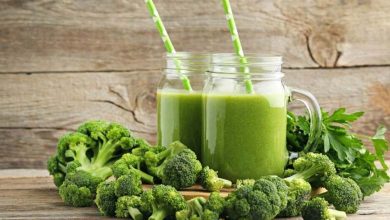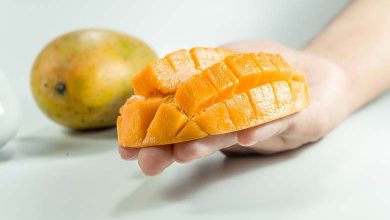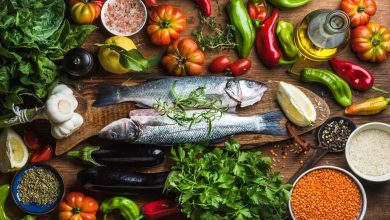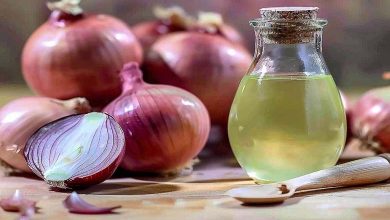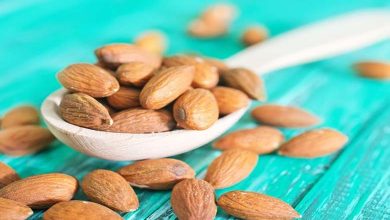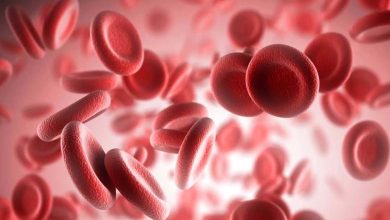This vitamin from green vegetables may reduce your risk
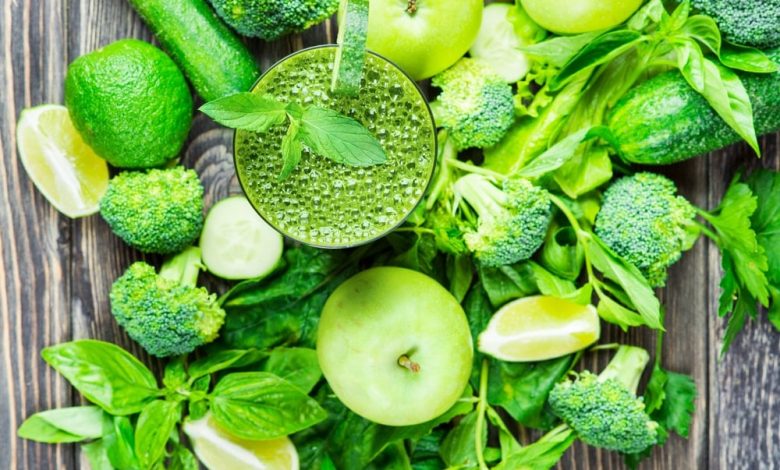
The older you get, the less banal the fall. As you age, the risk of fracture increases and it sometimes requires hospitalization.
Some people are more likely to be affected, because of their medical history, illness, alcohol consumption or lack of physical activity. But conversely, others seem more protected against the risk of fracture related to the fall. According to a study published in the specialist journal Food & functiondiet contributes to good bone health and can therefore reduce this risk.
A study on the links between vitamin K1 and fracture risk
This work, carried out by Australian researchers, is based on the participation of 1,400 women aged over 70. They were followed for more than 14 years to observe their risk of hip fracture and hospitalization. During this time, they regularly answered questionnaires on their diet. The scientists were particularly interested in the amount of vitamin K1 consumed by the participants. This nutrient is notably present in cabbage, spinach, broccoli, seaweed, fennel, watercress, soy or rapeseed oil.
Hip fracture: K1 halves the risk of hospitalization
The results of this study show that women who consumed more than 100 micrograms of vitamin K1, the equivalent of approximately 125 grams of leafy vegetables daily, had a 31% lower risk of having a fracture, compared to participants who consumed less than 60 micrograms per day. When it comes to hip fracture-related hospitalizations, women consuming the most vitamin K1 had a halved risk. “Our results are independent of many established risk factors for fractures, including body mass index, calcium intake, vitamin D levels, and disease.“, specifies Dr. Marc Sim, the main author of this study.
How to explain the protective effect of vitamin K1 against the risk of fracture?
This researcher, whose work focuses in particular on the impact of nutrition on musculoskeletal function, recalls that this vitamin is also associated with better cardiovascular health. In the case of bone function, the benefits of vitamin K1 could be linked to its impact on the secretion of osteocalcin, these proteins are part of the components of bones and participate in the fixation of calcium. According to the author, medical trials have shown that dietary vitamin K1 intakes of less than 100 micrograms per day may be too low to allow this process. “Vitamin K1 may also promote bone health by inhibiting various bone resorption agents”, he says. To get the most benefits from this nutrient, he recommends consuming at least 100 grams of vitamin K1 daily, “is the equivalent of one to two servings of vegetables such as spinach, kale, broccoli and cabbage“.





